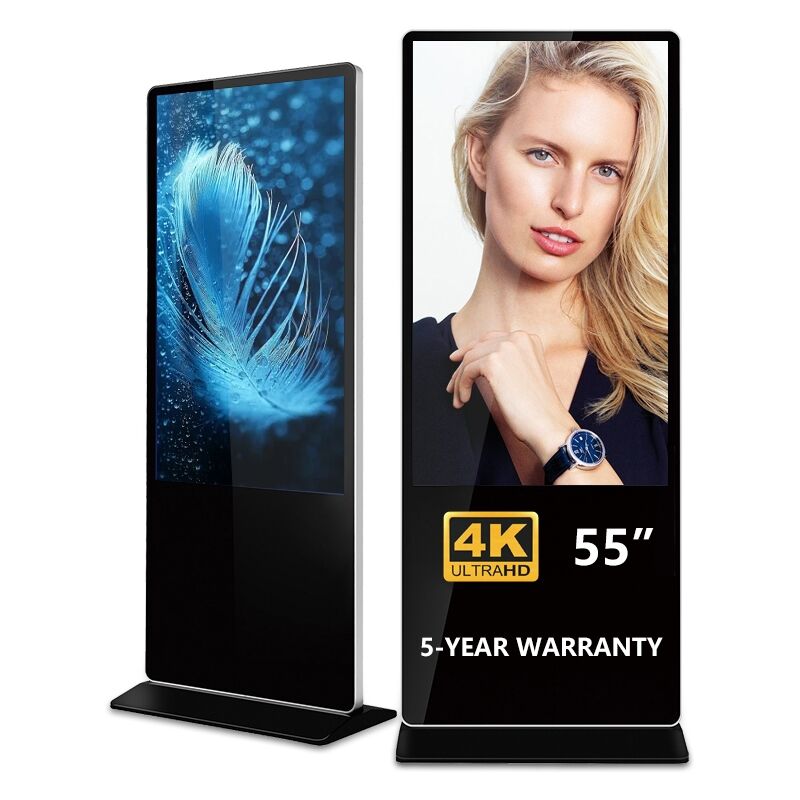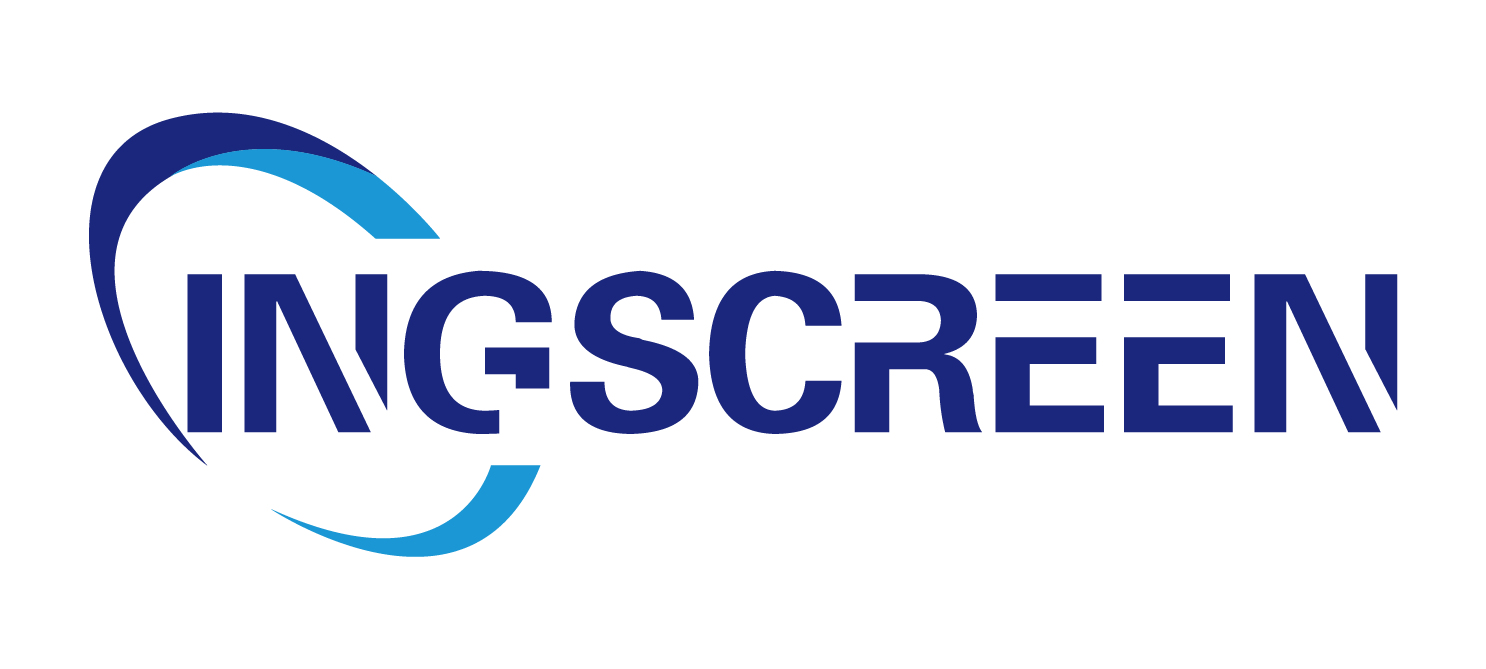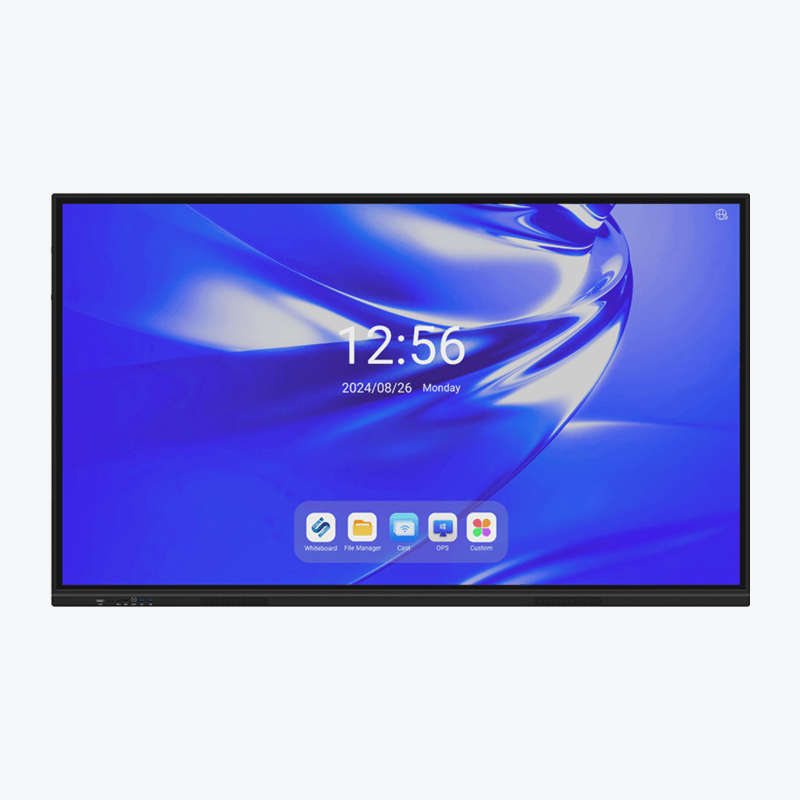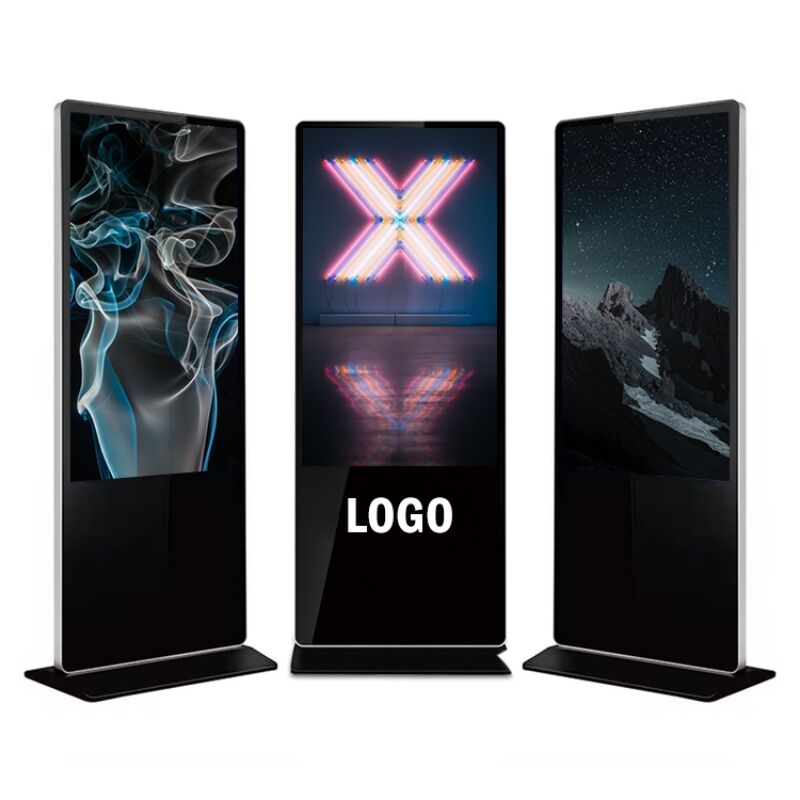Understanding Bespoke Kiosk Solutions
What Makes Bespoke Kiosks Different from Standard Models?
Bespoke kiosks offer a tailored approach to meet the specific needs of businesses, unlike standard models which are generic and often lack custom features. These kiosks are designed with user experience in mind, allowing for interfaces that enhance customer engagement far beyond what generic designs can achieve. For example, a business can customize user interaction elements such as touch screens or login interfaces to create a more intuitive and engaging experience for clients and customers. Furthermore, bespoke kiosks can integrate specialized software solutions that are pivotal for enhancing functionality, a feat not commonly supported by standard models.
Modular Design: Adapting to Evolving Business Needs
The modular design in bespoke kiosks allows businesses to adapt quickly to changing needs and technological advancements. This design approach is especially advantageous in dynamic industries like retail and healthcare, where operations must pivot rapidly to accommodate new market demands or patient care protocols. Imagine a retail kiosk that seamlessly evolves to include advanced payment systems or inventory management modules, thus postponing the necessity of full kiosk makeover, giving businesses significant cost savings over time. The modular nature makes these changes less of a burden financially and operationally, ensuring businesses remain competitive.
Scalability for Multi-Location Deployments
Bespoke kiosks are inherently designed to support scalability across multiple locations while preserving functionality and brand identity. This capability is crucial for businesses seeking to amplify their presence without compromising on consistency and performance. In fact, enterprises that have successfully scaled their kiosk operations often experience enhanced operational efficiency, providing positive examples for those considering multi-location deployments. Centralized management systems play a key role, allowing businesses to oversee and maintain control over various kiosks from a single point, ensuring that operations run smoothly across all locations, dramatically improving resource allocation and service delivery.
Tailored Design for Diverse Industry Needs
Retail Environments: Brand-Centric Interactive Kiosks
Retail kiosks can revolutionize the shopping experience by embedding brand-centric features that captivate and engage customers. By aligning kiosk aesthetics and functionality with brand identity, businesses can offer personalized shopping experiences that resonate with their consumers. For instance, a memorable example can be seen in Nike's implementation of interactive kiosks that allow customers to customize shoes on-screen before purchase, thereby increasing engagement. When assessing the impact of such bespoke kiosks, brands often report improved sales conversion rates and heightened customer satisfaction, illustrating the tangible benefits of these personalized tools.
Healthcare & Hospitality: Specialized Functional Requirements
In healthcare and hospitality, kiosks must meet specialized functional requirements to enhance user experience and operational efficiency. Healthcare kiosks streamline patient check-in, provide critical information, and facilitate smooth data integration with hospital systems, thereby significantly reducing wait times. Likewise, hospitality kiosks offer guests personalized services through easy check-in/check-out options and secure payment processes. Studies show that these implementations result in elevated customer satisfaction and reduced service bottlenecks. For instance, a 2019 study reported that digital kiosks reduced hotel check-in times by 30%, enhancing the overall guest experience.
Events & Public Spaces: Portability and Rapid Deployment
The demand for portable kiosk solutions in events and public spaces underscores the necessity for swift setup and dismantling. These mobile units allow businesses to engage attendees seamlessly, fostering interaction without compromising on functionality. A notable case is the use of portable kiosks at the CES (Consumer Electronics Show), where they enhanced visitor interaction by providing event schedules, directions, and showcasing products. Design considerations for such kiosks prioritize lightweight materials and modular components, ensuring they retain full functionality while being transportable. This flexibility is crucial for events requiring temporary yet impactful engagement solutions.
Modular Architecture for Future-Proof Investments
Component Swappability for Technology Upgrades
Modular architecture in kiosk design allows for the seamless exchange of individual components as technology evolves. This design approach enables businesses to adapt to rapid technological advancements without needing complete replacements. For instance, kiosks can easily integrate updated touchscreens or payment systems while keeping the original framework. According to industry reports, kiosks with component swappability reduce lifetime ownership costs by at least 30%. This is because businesses can opt for partial upgrades rather than entirely new systems, ensuring they remain current with the latest technological demands.
Multi-Functional Configurations Using Adaptable Fixtures
Kiosks with multi-functional configurations provide unmatched flexibility by serving multiple purposes within a unified structure. This adaptability enhances operational efficiency, as seen in fitness centers where kiosks handle both membership management and fitness class registrations. Companies that implement adaptable fixtures report increased operational efficiency and usage rates. For example, statistics show a 20% higher customer engagement in environments utilizing such versatile kiosk designs. These designs meet diverse needs without compromising on performance or user experience.
Avoiding Obsolescence Through Flexible Frameworks
Investing in kiosks with flexible frameworks is crucial for preventing obsolescence and maintaining steady technological updates. Fast-moving sectors benefit from such future-proof designs, which allow for the continuous incorporation of improvements. For example, companies adopting flexible kiosks reported a 40% reduction in the need for full system replacements compared to those not investing in such technology. By prioritizing a dynamic framework that supports permanent adjustments, businesses secure their investments against rapid obsolescence while staying competitive in evolving markets.
Case Studies in Bespoke Kiosk Implementation
Urban Revitalization: Fordham Plaza Vendor Solutions
The implementation of kiosks at Fordham Plaza has significantly impacted local vendors and urban development. These kiosks have not only revitalized the area but have also fostered economic growth. According to recent statistics, foot traffic increased by over 20% since the kiosks' installation, leading to a corresponding rise in vendor sales. Local community feedback highlights the kiosks' appealing aesthetics and functional design, which have been praised for enhancing the overall environment of Fordham Plaza. This bespoke design approach demonstrates how thoughtfully integrated kiosks can breathe new life into urban spaces, providing economic opportunities for vendors while improving the area's visual comfort.
Airport Wayfinding Systems: Branded Interactive Hubs
Bespoke kiosks have revolutionized airport navigation and information dissemination, providing an enhanced passenger experience and improving overall airport efficiency. Interactive hubs facilitate easy access to flight information, maps, and services, reducing confusion and wait times. A case in point is the installation of interactive kiosks at Singapore Changi Airport, which resulted in a 15% reduction in passenger inquiries and improved satisfaction scores. The integration of branded interactive elements further enhances the passenger experience by offering engagement with the airport's services and amenities. This exemplifies how well-designed kiosks can significantly contribute to operational efficiency and satisfaction in bustling environments like airports.
Modular Pop-Up Retail Success Stories
Modular pop-up retail kiosks have proven to be a success story by maximizing space utilization and increasing customer engagement. These versatile structures allow businesses to set up quickly in high-traffic areas, boosting brand visibility and sales. Companies such as Lululemon have reported substantial returns on investment with pop-up models, noting a 30% increase in customer engagement compared to traditional retail setups. Testimonials from businesses emphasize the kiosks' adaptability and the freedom they offer in terms of location and design. By leveraging modular kiosks, brands can capitalize on transient environments, achieving both flexibility and profitability.

Selecting the Right Kiosk Supplier Partner
Evaluating Custom Fabrication Capabilities
When selecting a kiosk supplier, assessing their custom fabrication capabilities is crucial. It's important to consider factors such as their ability to create tailored solutions that meet specific design and functionality requirements. Suppliers should adhere to industry standards and possess certifications, such as ISO 9001, which demonstrate their commitment to quality and precision in manufacturing bespoke kiosks. Testimonials and case studies from previous clients can provide insight into the supplier’s ability to deliver customized solutions successfully. By choosing a partner with proven expertise in custom fabrication, you strengthen your project’s foundation.
Importance of Cross-Industry Design Experience
Choosing a kiosk supplier with cross-industry design experience can offer significant advantages. Such suppliers are adept at meeting diverse needs, resulting in innovative kiosk solutions that enhance both design and functionality. Cross-industry experience allows suppliers to draw from a broad range of best practices and technologies, leading to creative applications that might not emerge from a provider focused on a single industry. For example, a supplier that has previously developed kiosks for both retail and healthcare can merge user engagement strategies from retail with stringent compliance requirements from healthcare, leading to unique and effective solutions.
Lifecycle Support & Maintenance Considerations
Lifecycle support is essential for the sustained success of kiosk systems. A kiosk is not just a one-time investment but an ongoing commitment, and thus requires comprehensive support from the supplier throughout its lifecycle. Regular maintenance is vital to prevent operational downtimes, which can be costly in both loss of business and repair expenses. According to industry statistics, neglecting lifecycle support can lead to a 30% increase in operational downtimes, significantly impacting profitability. Selecting a supplier that offers robust maintenance plans and responsive support services can help ensure that your kiosks remain operational and continue to serve their intended purpose efficiently.
FAQ Section
What are bespoke kiosks?
Bespoke kiosks are customized kiosk solutions tailored to meet specific business needs, offering enhanced user experience and functionality compared to standard kiosk models.
Why choose a modular design in kiosks?
Modular designs allow for adaptability, enabling businesses to update or add components as needs change, without requiring a complete replacement.
How do bespoke kiosks support multi-location deployments?
Bespoke kiosks support scalability by ensuring consistent functionality and brand identity across various locations, which enhances operational efficiency.
Why is cross-industry design experience important for kiosk suppliers?
Suppliers with cross-industry experience can deliver innovative solutions by combining best practices from different sectors, leading to highly effective kiosk designs.
What should be considered when selecting a kiosk supplier?
When selecting a kiosk supplier, consider their custom fabrication capabilities, cross-industry design experience, and ability to provide ongoing lifecycle support and maintenance.




